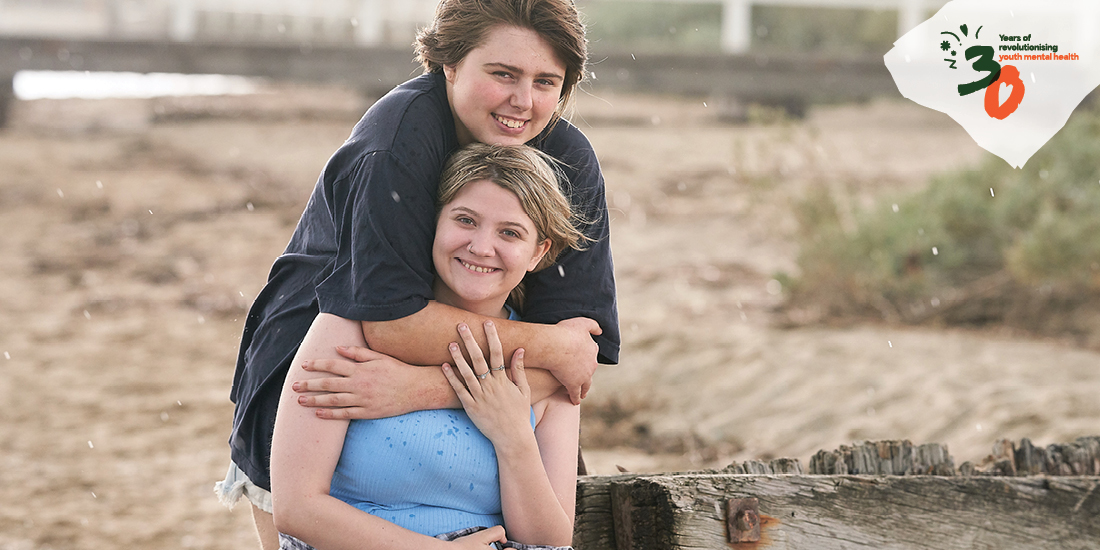
While we’ve learned a lot over the past 30 years about the epidemiology of suicide-related behaviour, less is known about the efficacy of interventions designed to reduce risk. This has led to a gap in knowledge that needs to be addressed in order to inform the development of evidence-based policy and clinical practice.
Orygen’s suicide prevention research program seeks to address this gap.
Associate Professor Jo Robinson, who leads the program, said unfortunately, suicide rates among young people in Australia remain high.
“Around one quarter of deaths by people between the ages of 15 and 25 are attributed to suicide, we also know that self-harm and other forms of suicide- related behaviour are also increasing.
“So, it’s really important that what we’re doing is building an evidence base which can be used to inform preventative approaches clinically, in school settings and at a policy level,” Associate Professor Robinson said.
Orygen’s suicide prevention research team has developed a youth-focused model of suicide prevention that builds upon existing partnerships and on pilot data obtained from work previously conducted by Orygen.
Aligned with national and international best practice, it delivers interventions across settings and involves maximum community engagement.
“Interventions range from broad population-based social media campaigns to targeted interventions for those young people at highest risk of suicide,” Associate Professor Robinson said.
One of the program’s innovations is #chatsafe, a guide for young people on how to speak safely online about suicide. #chatsafe has been rolled out globally and is available in 19 different languages and regions, with further global adaptations underway.
“Our work in suicide prevention research is aimed at preventing youth suicide by increasing access to care, building evidence, and empowering young people,” Associate Professor Robinson said.
We also have a strong focus on informing and evaluating national, and state-based suicide and self-harm prevention policies, as seen through our advocacy and identification of a national youth suicide prevention plan centred on young people.
As we herald in the next 30 years, we will never settle in our pursuit for strong policy and research solutions to prevent suicide and self-harm in young people.